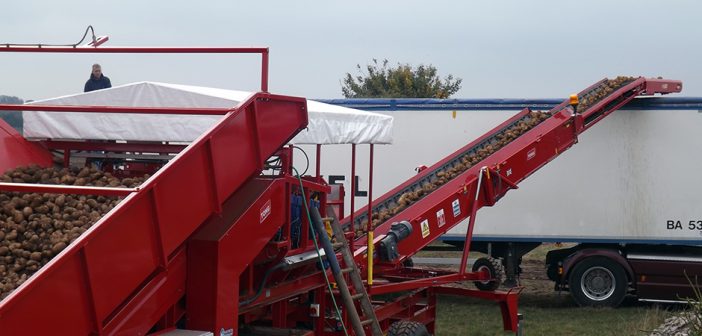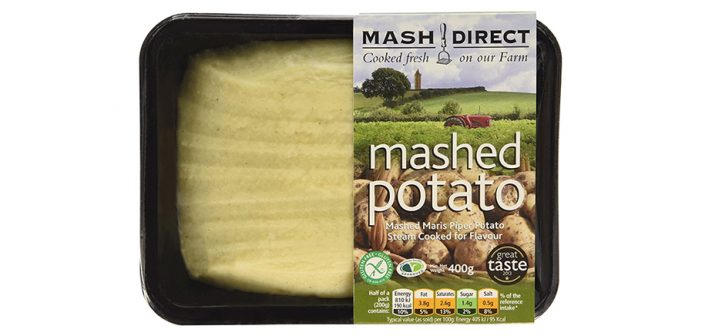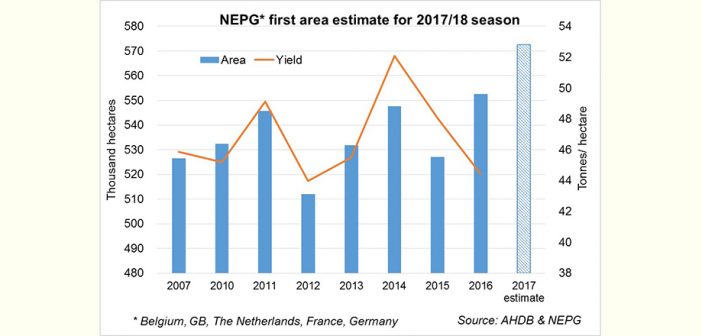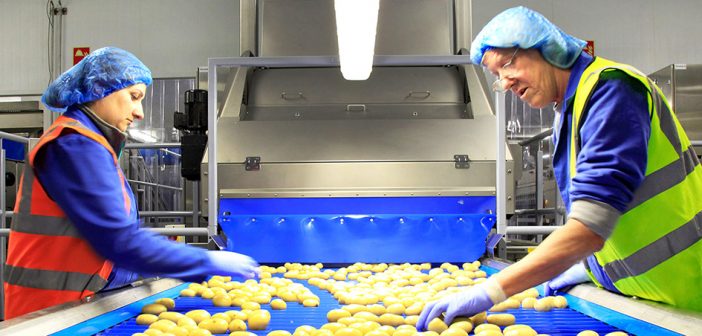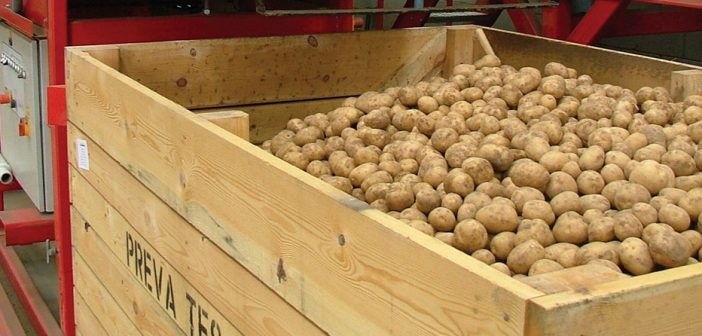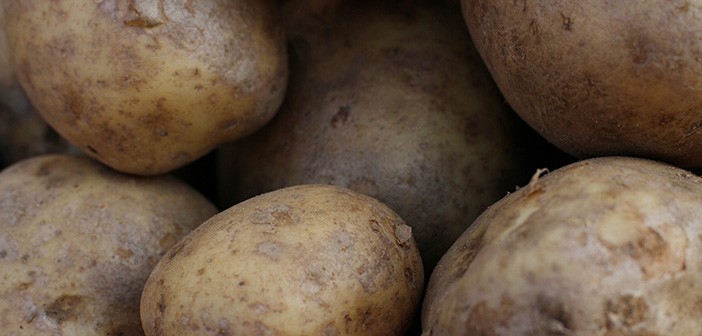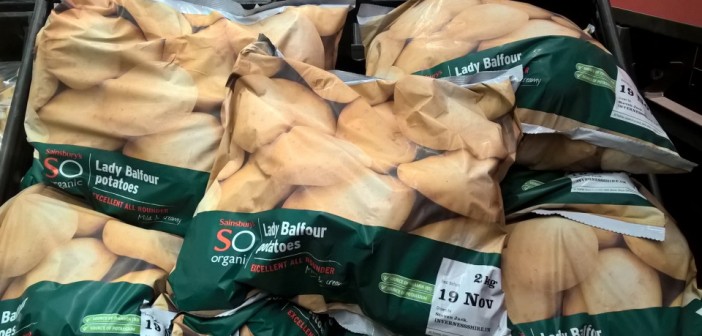The European Commission has asked for comments on proposals on ‘benchmark’ levels for acrylamide which have been published on its website.
The draft project asks for producers to apply measures to reduce levels of acrylamide in products such as chips, crisps and other potato products, as well as other baked goods and coffee. It comes after the European Food Safety Authority (EFSA) published its scientific opinion on acrylamide in food; reconfirming previous evaluations that acrylamide in food potentially increases the risk of developing cancer.
The Finnish Food and Drink Industries’ Federation (ETL) stressed, ‘the need of taking regional conditions in to account when assessing the necessity of certain mitigation methods. For example, the use of chemical substances to suppress sprouting has not been seen necessary since cool (winter) storage conditions prevent sprouting. Not using sprouting suppressing agents is also a measure preventing overall exposure to chemicals. Also, the change of raw material or ingredient should not lead to poor or lesser nutritional quality at the cost of lower acrylamide levels.’
In addition, the Finnish Frozen Food and Potato Association (F&P) have written that the suggested benchmark level of 750 µg/kg for potato crisps is too low and could cause problems both for Finnish potato producers and food processors. ‘The acrylamide level should stay at 1000 µg/kg for potato crisps. No health problems reported so far and the recent level is already cutting out the high acrylamide levels from production. Potato crisps are minor products and not part of daily diet,’ they said.
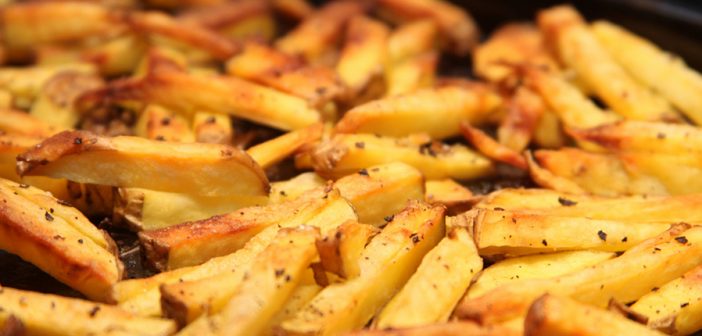
Photo Credit: Flickr
The post Potato industry reacts to acrylamide regulations appeared first on Hort News.
